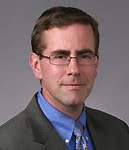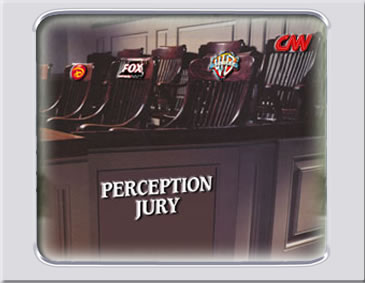
Since I started the online version of Internet Research I've been assigning blog creation as the final class project. It's meant to demonstrate back to as large a world as possible these three learnings:
1) The query formation techniques we develop while talking to search engines in the mechanical ways that search engines understand
2) The ability to integrate supporting design elements that reinforce a core topic or innate passion that will not extinguish after the grading period
3) That aspirational voice which withstood every doubting impulse that the student was too overextended, broke, or scared of technology to toss their hat in the reinvention ring.
As you can probably guess I'm partial to demo #3 when it comes to favorite blogs. It's always flattering when a student is able to create a parallel blogging universe that includes a custom search engine, RSS feeds tailored to topic, tag clouds, and blog rolls. I get a little emotional when I see a post explaining the finer points of using a tilde to expand a nested set of word algebraics. But I really choke up when I hear a professional transitioning from the boundaries that trapped them into a bad career move or an unpromotable position -- aren't they all these days?
The best blogs are where the student can clarify those aspects of their experience that they want to plant as a foundation for bridging what they do well into what they strive to be recognized for. That's the bridge they're building and watching them cross over is a beautiful view to be riding. The tunnelling chute refers to the immersive delight of mucking about in sandboxes of our own design. That quality of focus cannot happen in a more self-conscious social medium: you can tell a Face book page by its cover.
Blogs instead are a staging area for the thought that lies behind our work. Sure there's always wiggle room for the surface details and the name-dropping. But the underlying factors that motivate our best efforts will find a nurturing harbor in the introspective virtues of blogging.
Here then are links to the newest cadre of bloggers for your horizon-gazing and tunnel-drilling pleasure:
Teen Case Manager (Robyn Allen)
PI Student (Barbara Pulse)
Professional Investigation (Luis Carrasco)
TFX Consulting (Deirdre Lin)
Getaway Car (Joel Armstrong)
Law and Psychology (Jiyoung Koh -- pictured above)
Little Voices (Sharon Floyd)
One for the Dads (Tracy Jenkins)
PABIGGE (Chris Mordi)






